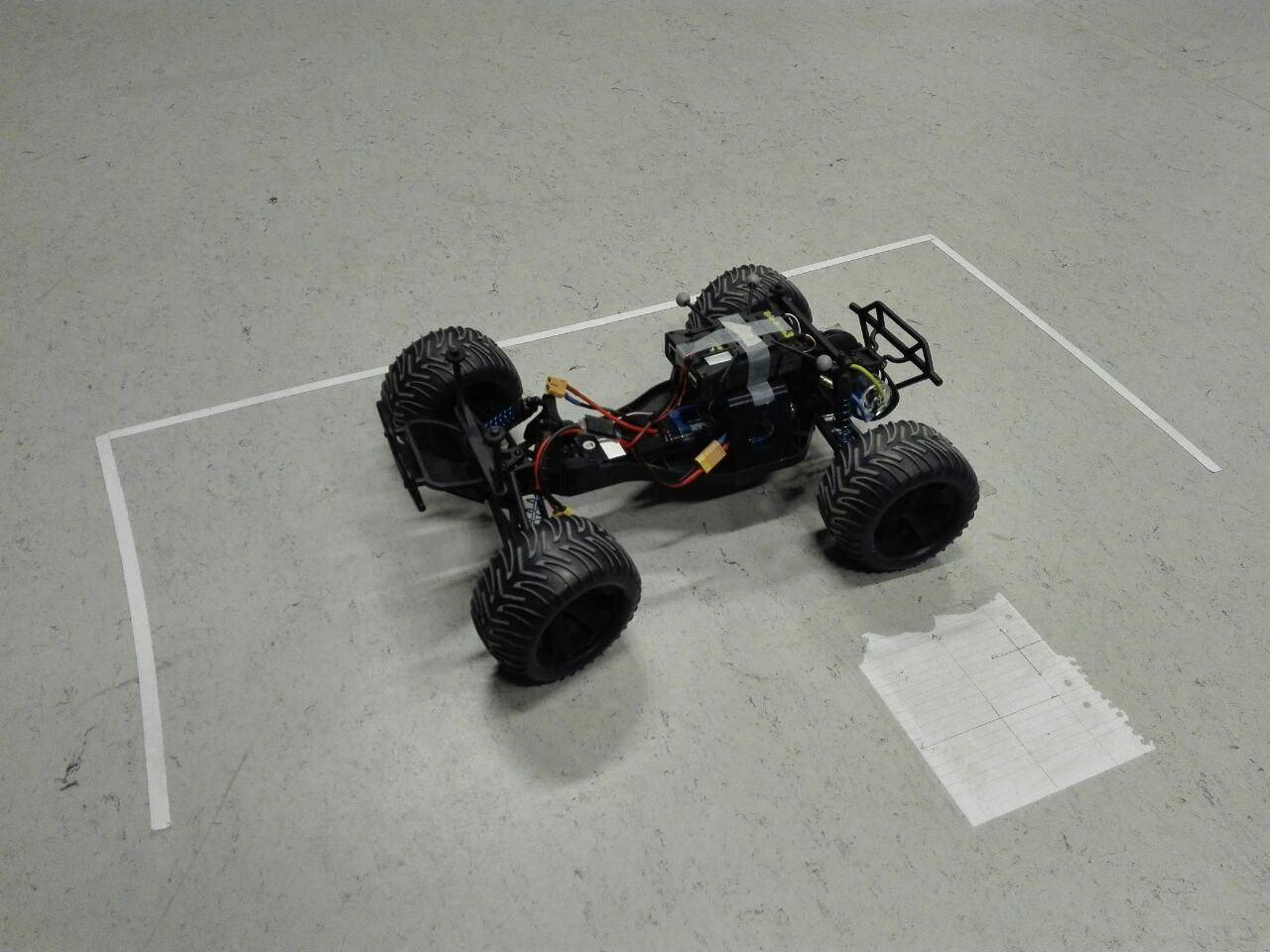Master theses
Available Theses
Feature selection and system identification in the human immune system
Starting date: ASAP
Contact: Pouria Tajvar (tajvar@kth.se)
How do different cell types in the human immune system coordinate their responses to different threats? By monitoring the behaviour of these cells through time, we can potentially identify the underlying mechanisms in this reponse that can be essential in prescription of treatments.
Single cell RNA (sc-RNA) sequencing has enabled simultaneous inspection of hundreds of cells by measruing the expression of thousands of genes in each cell. This data is very high-dimensional for standard system identification approaches and collecting samples within small time intervals is costly.
There is a growing interest in pre-processing approaches to make analysis of sc-RNA data tractable through feature selection [1], manifold learning [2], and differential expression analysis [3]. Throughout this thesis, the student will explore a range of approaches to dimensionality reduction and system identification and analyze their advantages in terms of discovering statistically significant dynamical models of the immune system. The student will work with sc-RNA data on the immune system response to different pathogens.
Thesis goals
- Reviewing feature-selection/dimension-reduction approaches (auto-encoders, sparse PCA, ...).
- Implementing a dimension-reduction and system identification pipeline for sc-RNA data.
- Compare the statistical significance and accuracy of the obtained models with the state-of-the-art methods.
- Analyze the data-collection policies for hypothesis testing.
The interested student is expected to be familiar with linear algebra. Methods are to be implemented using python. Prioir familiarity with pandas, scikit-learn is valuable but not neccessary.
References
[1] Solorio-Fernández, Saúl, J. Ariel Carrasco-Ochoa, and José Fco Martínez-Trinidad. "A review of unsupervised feature selection methods." Artificial Intelligence Review 53.2 (2020): 907-948.
[2] Nguyen, Nam D., Ian K. Blaby, and Daifeng Wang. "ManiNetCluster: a novel manifold learning approach to reveal the functional links between gene networks." BMC genomics 20.12 (2019): 1-14.
[3] Rapaport, Franck, et al. "Comprehensive evaluation of differential gene expression analysis methods for RNA-seq data." Genome biology 14.9 (2013): 1-13.
Past Theses
Multi-modal Data-enabled predictive control (DeePC)
Starting date: NA
Contact: Pouria Tajvar (tajvar@kth.se)
Data-enabled predictive control is an optimization based method to control dynamical systems [1]. The central idea is to make the system (i.e. the robot in this project) produce desired behaviours by combining a set of previously recorded behaviours. This method has enjoyed great interest from the system identification and data-driven control community as it enables control of complex systems without an explicit modelling of the dynamics [2].
DeePC is primarily designed for linear systems; in this thesis, the student works on developing an algorithm that allows applying DeePC to non-linear systems by decomposing the system state into different working modes (hence multi-modal) as for example proposed in [3]. The multi-modal DeePC will be primarily used to control a ground robot. One of the challenges of such design, is to collect data from the real robot that are sufficient for reference following control synthesis. During the thesis the student will also explore data-collection strategies ranging from learning from demonstration to autonomous exploration.
Thesis goals
- Reviewing data-driven control and control policy learning literature.
- Designing and implementing a multi-modal data-enabled predictive controller.
- Analyzing the data-collection policies and dynamics exploration for mobile robots.
- Implementing the data-driven controller on the ground robot.
The interested student is expected to be familiar with linear algebra. Methods are to be implemented using python and integrated with ROS. Prioir familiarity with ROS is valuable but not neccessary.

References
[1] Coulson, Jeremy, John Lygeros, and Florian Dörfler. "Data-enabled predictive control: In the shallows of the DeePC." 2019 18th European Control Conference (ECC). IEEE, 2019.
[2] De Persis, Claudio, and Pietro Tesi. "Formulas for data-driven control: Stabilization, optimality, and robustness." IEEE Transactions on Automatic Control 65.3 (2019): 909-924.
[3] Tajvar, Pouria, et al. "Robust motion planning for non-holonomic robots with planar geometric constraints." The International Symposium on Robotics Research October 6-10, 2019, Hanoi, Vietnam. 2019.